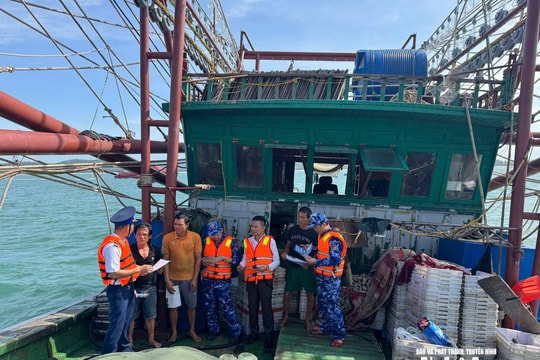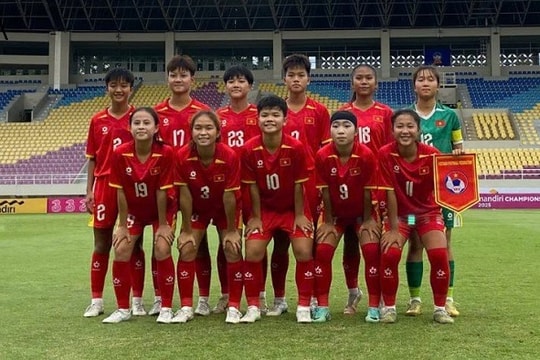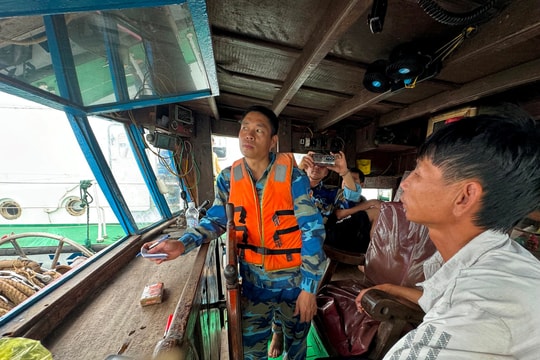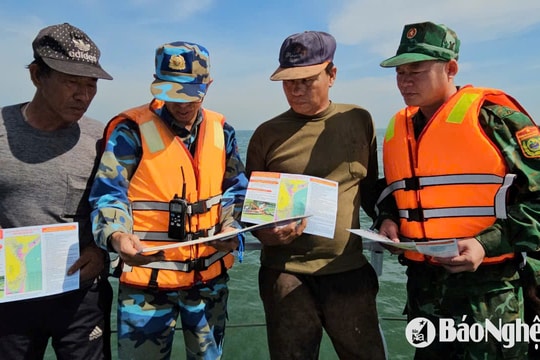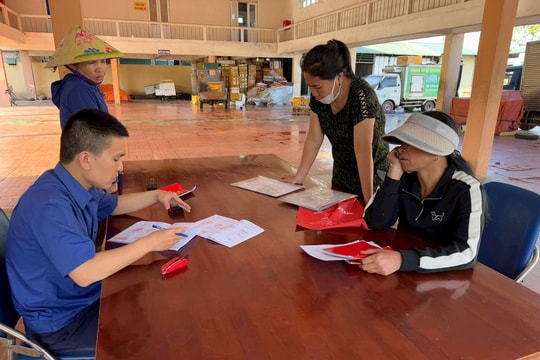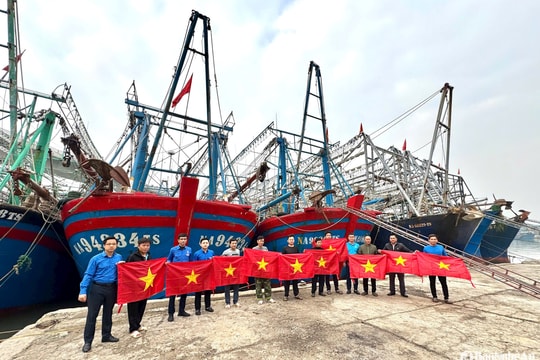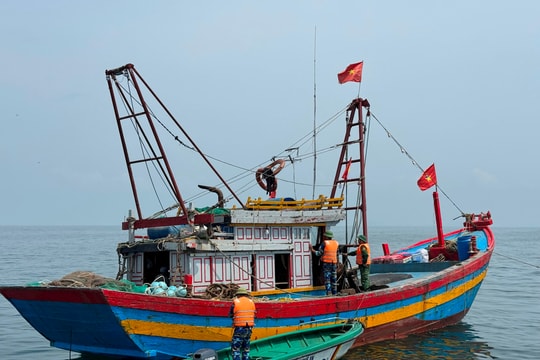EC considers “yellow card” for Vietnamese seafood in May 2018
From May 16 to 23, 2018, the European Commission (EC) Directorate-General for Maritime Affairs and Fisheries (DG-MARE) will visit Vietnam to inspect the implementation of the EC's nine recommendations for the Vietnamese fisheries industry.
April 23, 2018 is the end of the 6-month deadline for the European Commission (EC) to apply a "yellow card" to Vietnamese seafood.
According to the Directorate of Fisheries (Ministry of Agriculture and Rural Development), immediately after the EC issued a "yellow card" warning for illegal, unreported and unregulated fishing activities in Vietnam, the Government, ministries, central agencies, People's Committees of coastal provinces and cities, and the entire political system focused on directing and implementing drastic solutions to overcome the EC's 9 recommendations.
In particular, the authorities identified the task of preventing and stopping fishing vessels from illegally exploiting seafood in foreign waters and certifying and confirming the origin of exploited seafood as key tasks.
To date, 25/28 coastal provinces and cities have issued plans for inspection, examination and control of fisheries.
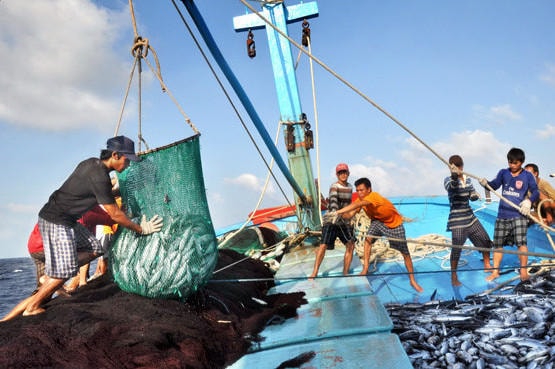 |
| Vietnam is making efforts to escape the yellow card from the EC. |
Mr. Nguyen Quang Hung, Deputy Director General of the Directorate of Fisheries (Ministry of Agriculture and Rural Development), under the strong direction from the Central to local levels, especially the Prime Minister, the Ministry of Agriculture and Rural Development and 28 coastal provinces, up to now all fishermen operating at sea have been aware of the need to stop illegal exploitation.
Regarding the expiration of the 6-month deadline for the EC to apply a yellow card to Vietnamese exploited seafood, Mr. Nguyen Quang Hung, Deputy Director General of the Directorate of Fisheries, said that from May 16 to 23, a delegation from the European Commission (EC)'s Directorate General for Marine Affairs and Fisheries (DG-MARE) will visit Vietnam to inspect the implementation of the EC's 9 recommendations.According to the Directorate of Fisheries, before April 23, localities had directed fishing facilities and ports to complete the shortcomings recommended by the EC. The most important of these was the management of fishing vessels, strengthening inspection and handling at sea as well as at ports. In particular, the records of origin tracing, confirmation and certification of products caught at sea.
With the efforts of the fisheries sector in recent times, Mr. Hung said that the Government, the Ministry of Agriculture and Rural Development as well as the business community and people expect to remove the yellow card. However, if the requirements and recommendations set by the EC are not met, the EC will have a conclusion after the working days from May 16 to 23.
The Government and the Ministry of Agriculture and Rural Development are both aiming to develop sustainable fisheries, combining exploitation with resource protection, managing fishing vessels, and increasing added value.
The Prime Minister also issued Decision 78/QD-TTg approving the National Action Plan to prevent, reduce and eliminate illegal, unreported and unregulated fishing by 2025. The (new) Fisheries Law also aims to improve fisheries to ensure sustainable exploitation, in line with the practices of regional and international organizations.
Regarding the control and management of fishing vessels, Mr. Hung said that Vietnam has about 109,000 vessels, of which the number of offshore fishing vessels is about 28,000. However, we have only installed voyage monitoring equipment on about 13,000 vessels.
Mr. Hung said that the biggest difficulty is the cost of installing the voyage monitoring equipment. If all voyage monitoring equipment can be installed on the ships, then fishing vessels at sea can be controlled. At that time, we will be completely assured of the management and prevention of illegal fishing.
Currently, the Directorate of Fisheries has submitted to the Prime Minister a project to continue investing in upgrading 29 inshore fishing vessel control stations along 28 coastal provinces. In addition, a project to install voyage monitoring equipment has been completed and is being submitted to the Prime Minister for consideration.

